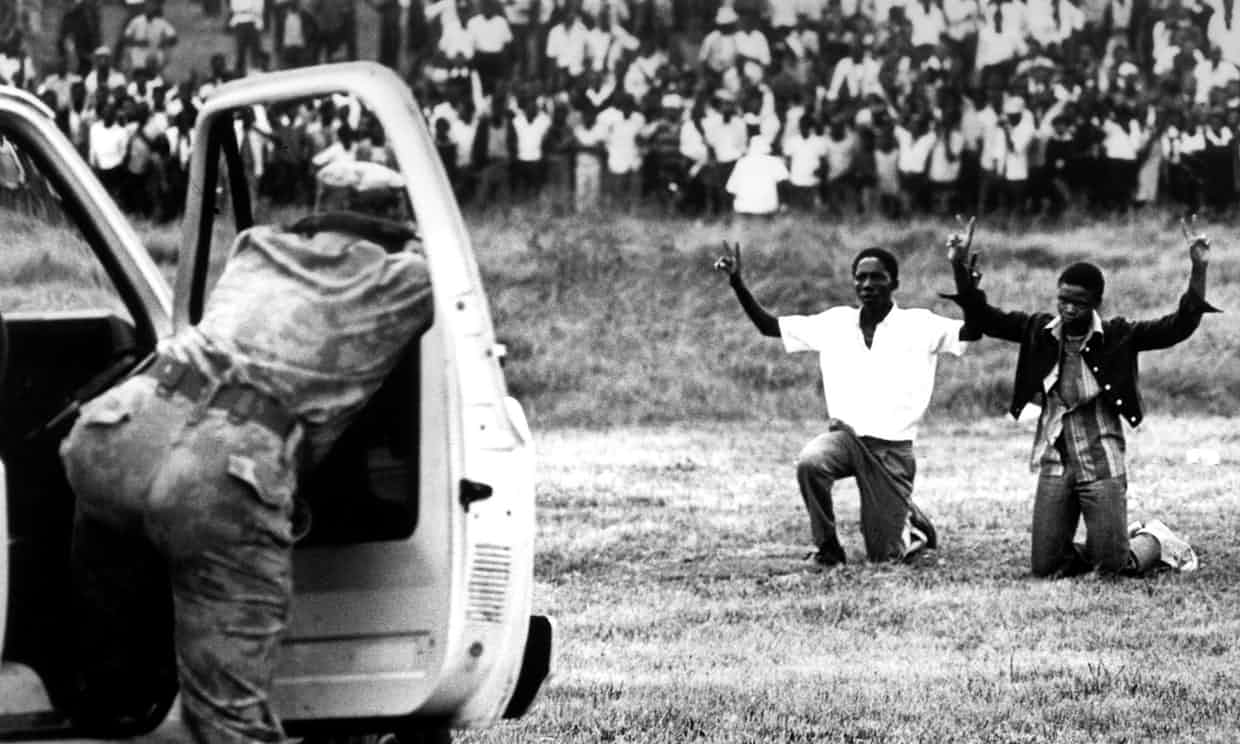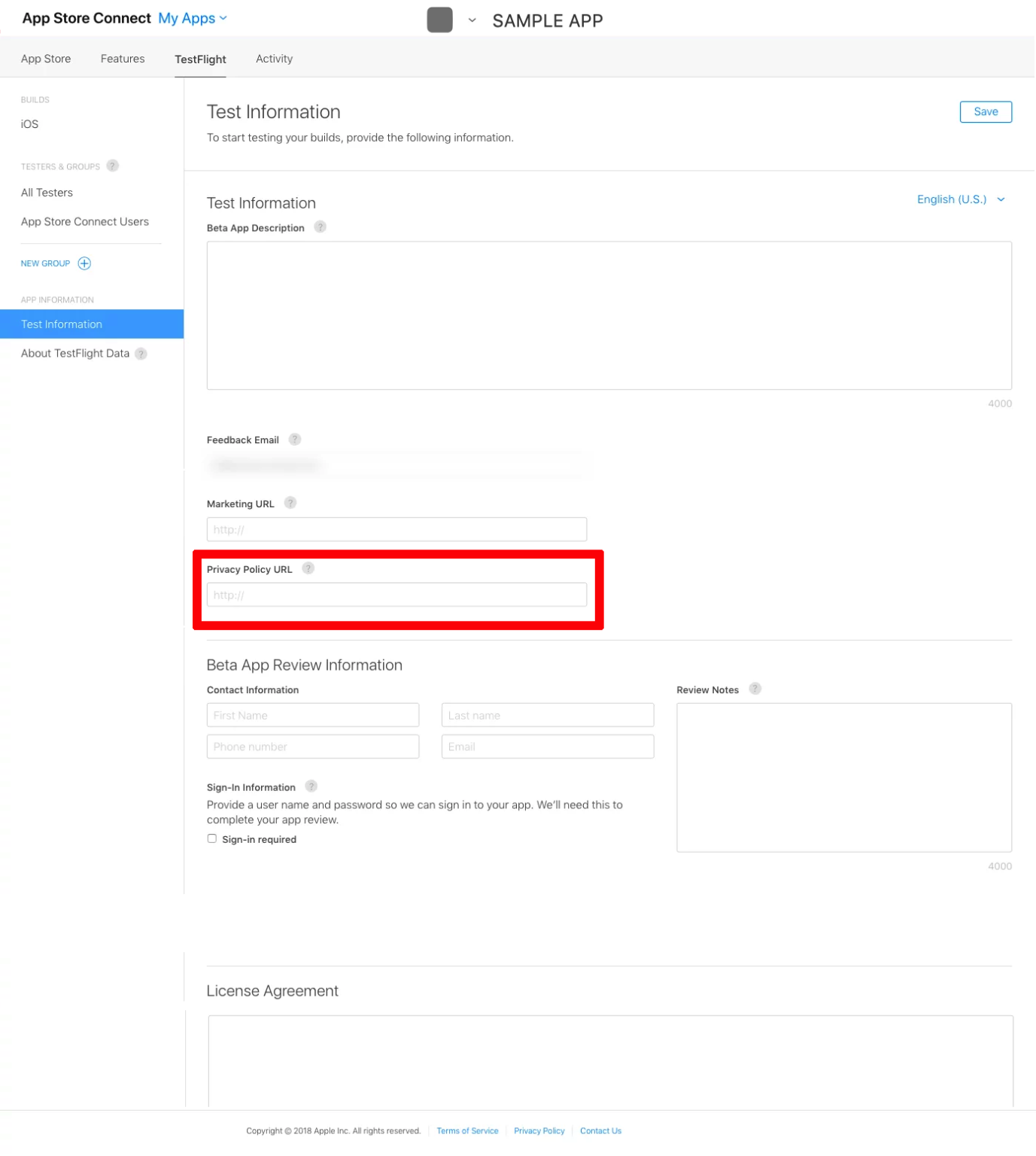South Africa: Ramaphosa Approves Commission On Apartheid Atrocities

Table of Contents
The Mandate of the Apartheid Atrocities Commission
The Apartheid Atrocities Commission has a broad mandate encompassing several key objectives:
-
Investigating unsolved crimes and human rights violations committed during the apartheid era: This includes examining a wide range of atrocities, from murders and torture to forced removals and political repression. The commission will investigate cases that remain unresolved, seeking to bring perpetrators to justice where possible. This work will involve a deep dive into existing archives, police records and witness testimonies.
-
Identifying perpetrators and holding them accountable (where possible): While decades have passed, the commission aims to identify those responsible for apartheid-era crimes and, where legally feasible, hold them accountable. This might involve working with existing legal frameworks or advocating for legislative changes to enable prosecutions. International collaboration with organizations specializing in transitional justice may play a critical role.
-
Providing reparations and support to victims and their families: A key aspect of the commission's work will be providing support and, where possible, reparations to victims and their families. This may involve financial compensation, medical care, psychological support, or other forms of assistance. The process of determining eligibility and appropriate forms of redress will be a complex undertaking.
-
Gathering testimonies and preserving historical records related to apartheid atrocities: The commission will play a vital role in preserving the historical record of apartheid atrocities. This involves gathering testimonies from survivors, witnesses, and family members, ensuring these accounts are carefully documented and archived for future generations. This will enrich understanding of the apartheid regime and its impact.
-
Recommending policy changes to prevent future human rights abuses: Beyond investigating past atrocities, the commission will also make recommendations for policy changes to prevent future human rights abuses in South Africa. These recommendations will aim to strengthen the legal framework and institutional mechanisms for protecting human rights.
The commission's legal powers will be clearly defined, outlining its authority to summon witnesses, access documents, and conduct investigations. However, there will undoubtedly be limitations, requiring careful consideration of legal constraints and jurisdictional issues. The potential for international collaboration, sharing expertise and best practices with similar commissions globally, is a significant opportunity to ensure the effectiveness of the investigation.
Composition and Leadership of the Commission
The success of the Apartheid Atrocities Commission hinges on the expertise and impartiality of its leadership and commissioners. The selection process will be crucial in ensuring a diverse and representative body.
-
Names and backgrounds of commissioners: The selection of commissioners will prioritize individuals with extensive experience in law, human rights, transitional justice, and historical research. Their backgrounds should reflect a commitment to impartiality and a deep understanding of the South African context.
-
Selection process and criteria: Transparency will be paramount in the selection process, ensuring that the commissioners are chosen based on merit and their commitment to truth and reconciliation. Public consultations and input from civil society organizations should form part of the process.
-
Independence and impartiality of the commission: The commission's independence from political influence will be vital to maintaining credibility and ensuring that investigations are conducted without bias. Mechanisms for oversight and accountability will need to be in place.
-
Resources and funding allocated to the commission: Adequate funding and resources are essential for the commission to effectively carry out its mandate. This includes sufficient staffing, logistical support, and access to necessary technologies and archival materials.
The composition of the commission will be subject to scrutiny. It is essential that the commission reflects the diversity of South African society, ensuring the inclusivity of perspectives and experiences. Addressing potential concerns regarding representation and avoiding the perception of bias will be important for establishing trust.
Expected Impact and Challenges
The Apartheid Atrocities Commission has the potential to significantly impact South African society. However, it will also face considerable challenges.
-
Potential for healing and reconciliation within South African society: By addressing past atrocities, the commission can contribute significantly to national healing and reconciliation, fostering a sense of shared understanding and addressing unresolved trauma.
-
The prospect of uncovering previously unknown atrocities and bringing perpetrators to justice: The investigations may reveal previously unknown atrocities, shedding light on previously hidden aspects of the apartheid regime. This will help create a more complete historical record.
-
Challenges related to gathering evidence and overcoming bureaucratic hurdles: The commission will face challenges in collecting evidence, given the passage of time and the potential destruction of records. Navigating bureaucratic hurdles and accessing relevant information will be crucial.
-
Potential political opposition or resistance to the commission’s work: The commission's work may encounter political opposition or resistance from those who seek to protect the legacy of apartheid or obstruct accountability. Managing such opposition will require careful political navigation.
-
Addressing the issue of transitional justice and its complexities: The commission's work will engage directly with complex issues of transitional justice, requiring careful consideration of issues such as truth, justice, reparations, and reconciliation. This process will require skillful management.
The long-term implications of the commission's findings and recommendations will be far-reaching, shaping South Africa's understanding of its past and its efforts towards a more just and equitable future. The legacy of this commission will depend on its success in fulfilling its mandate and addressing the challenges it faces.
Public Engagement and Participation
Public engagement is crucial to the success of the Apartheid Atrocities Commission. The commission must ensure transparency and accessibility to allow broad participation.
-
Methods for receiving and processing witness testimonies: The commission needs to establish secure and accessible methods for receiving and processing witness testimonies, ensuring the safety and protection of those who come forward.
-
Mechanisms for public participation and engagement: The commission should create diverse mechanisms for public participation, including public hearings, online platforms, and community outreach programs.
-
Strategies to ensure the safety and protection of witnesses: Protecting witnesses from intimidation and retaliation is essential to ensuring the accuracy and integrity of the investigation. Comprehensive security measures will be necessary.
-
Plans for disseminating the commission's findings to the public: The commission must have a clear strategy for disseminating its findings to the public, making the information accessible and understandable to all South Africans.
Accessibility and inclusivity are key considerations. The commission must ensure that all South Africans, regardless of language, location, or disability, have the opportunity to participate in its work. The process must be designed to be as user-friendly and accessible as possible.
Conclusion
The establishment of the Apartheid Atrocities Commission represents a crucial step in South Africa's journey towards accountability and reconciliation. While challenges remain, the commission’s potential to uncover the truth, provide justice, and foster healing is significant. The success of this initiative will depend on the commission's ability to operate impartially, engage the public effectively, and ultimately deliver meaningful recommendations. Stay informed about the progress of the Apartheid Atrocities Commission and support the efforts to achieve justice for victims of apartheid atrocities. Learn more about the commission's work and how you can contribute to its success by visiting [link to relevant website, if available].

Featured Posts
-
 Abc News Layoffs Disney Cuts 200 Positions Affecting 538 Operations
Apr 30, 2025
Abc News Layoffs Disney Cuts 200 Positions Affecting 538 Operations
Apr 30, 2025 -
 Surpresa No Brasil Angelina Jolie E Mais Famosos Em Visitas Inesperadas
Apr 30, 2025
Surpresa No Brasil Angelina Jolie E Mais Famosos Em Visitas Inesperadas
Apr 30, 2025 -
 Cnil Recommendations For Mobile App Privacy A Comprehensive Guide
Apr 30, 2025
Cnil Recommendations For Mobile App Privacy A Comprehensive Guide
Apr 30, 2025 -
 Hamdi Yildirim Kadinlar Boks Sampiyonasi Samsun Daki Heyecan Dolu Muesabakalar
Apr 30, 2025
Hamdi Yildirim Kadinlar Boks Sampiyonasi Samsun Daki Heyecan Dolu Muesabakalar
Apr 30, 2025 -
 Beyonces Twins Blue Ivy And Rumis Uncanny Similarity At Super Bowl 2025
Apr 30, 2025
Beyonces Twins Blue Ivy And Rumis Uncanny Similarity At Super Bowl 2025
Apr 30, 2025
